Hideo Kojima: A Remarkable Trajectory in the Games Industry
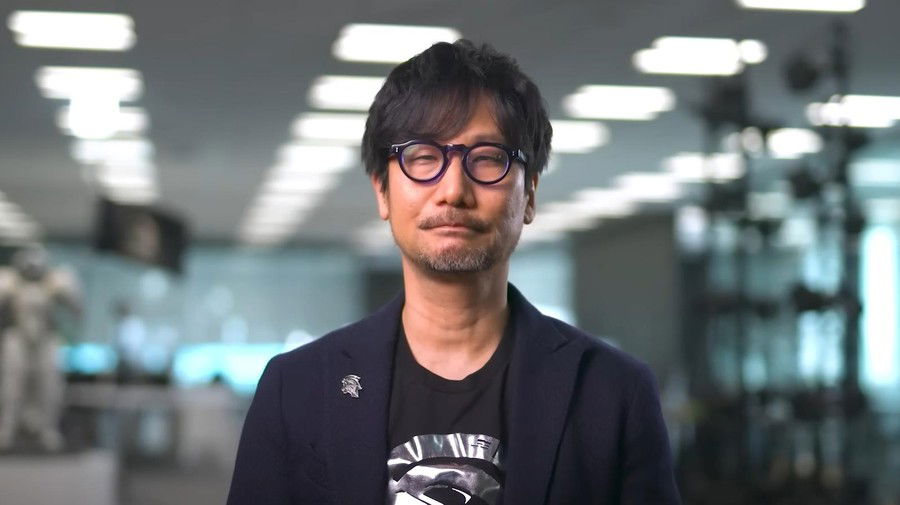
Born on August 24, 1963, in Tokyo, Japan, Hideo Kojima began his career in the video game industry in 1986 when he joined Konami. His first big success was Metal Gear (1987) for the MSX2, a game that revolutionized the approach to stealth action, shaping the genre and laying the foundations for his future career.
The successful sequel with Metal Gear 2: Solid Snake (1990) cemented Kojima's reputation as an innovative developer, standing out for his engaging narrative and unique game mechanics. During the 1990s, he continued to explore new territories with titles such as Snatcher (1988) and Policenauts (1994), incorporating visual novel and graphic adventure elements.
The arrival of the PlayStation era brought the culmination of collaboration between Kojima and Konami. Metal Gear Solid (1998) took game design to a new level, introducing cinematic narratives, professional voice acting and refined stealth mechanics. The game became a global phenomenon and established Kojima as one of the industry's masters.
Konami's Controversial Departure
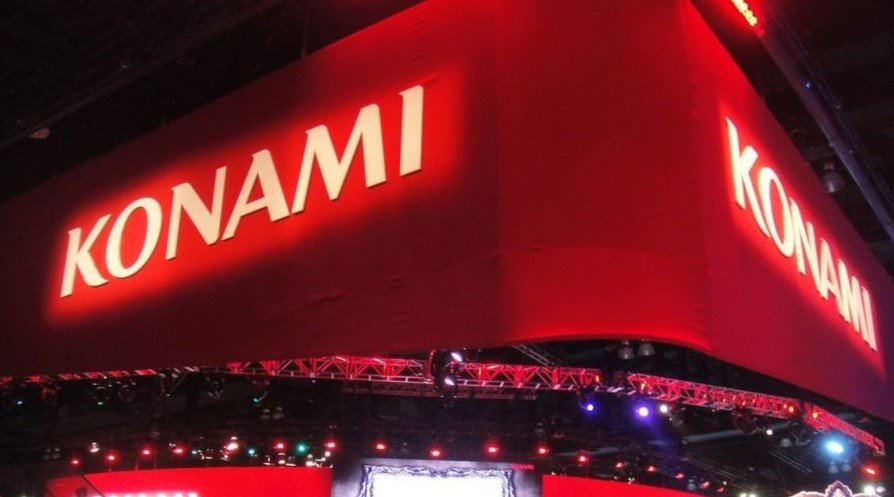
However, the partnership between Kojima and Konami had a tumultuous end. During the production of Metal Gear Solid V: The Phantom Pain, disagreements arose between the developer and the company, culminating in the developer's departure in 2015. It was marked by speculation and controversy, leading to a significant redefinition of Kojima's career.
Kojima Productions

After his departure from Konami, Hideo Kojima founded Kojima Productions as an independent studio. Their mission was to continue to create innovative and challenging experiences. The new studio's first project was Death Stranding (2019), an ambitious work that challenged the conventions of action and adventure games.
Death Stranding and the New Chapter
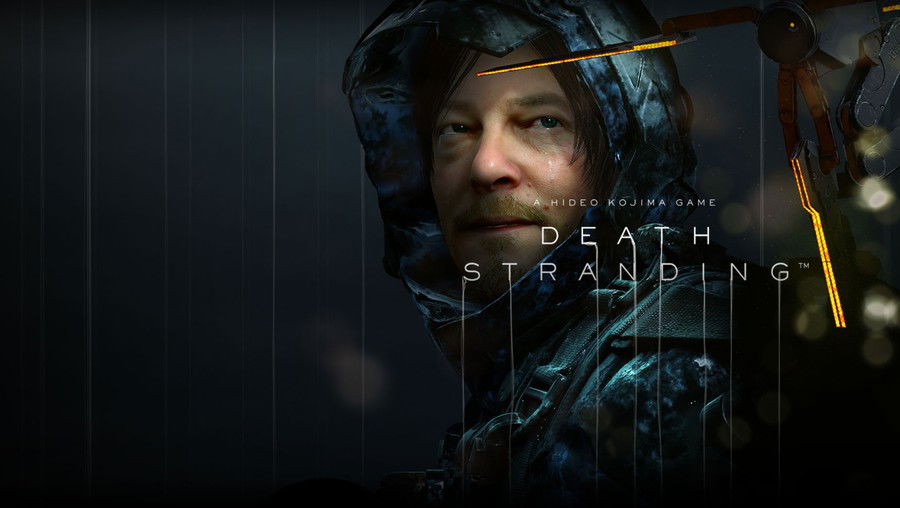
Death Stranding not only marked Kojima's return to the video game scene, but also introduced innovative concepts such as online connectivity and a dense, symbolic narrative. The game received critical acclaim, highlighting the developer's ability to create unique and provocative experiences.
Hideo Kojima's journey in the gaming industry is marked by his relentless pursuit of originality, complex storytelling and technical innovation.
His career continues to inspire a new generation of developers, proving that video games can be much more than mere entertainment, but profound and impactful art expressions. As he moves on to new projects and challenges, the gaming community eagerly awaits the next contributions from one of the industry's greatest visionaries.
Hideo Kojima's Most Remarkable Games
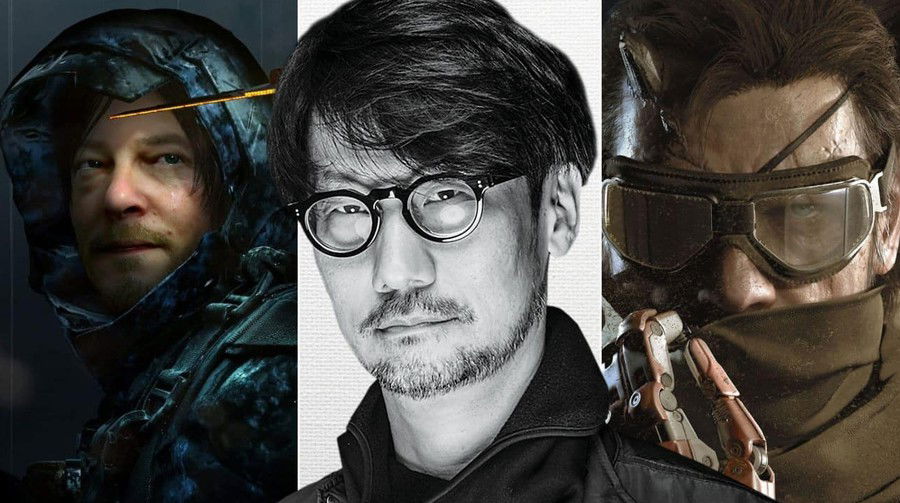
Get to know a little about ten of Kojima's most memorable games, titles that marked generations, consoles and caused impacts that reflect on the gaming industry to this day!
Metal Gear (1987)
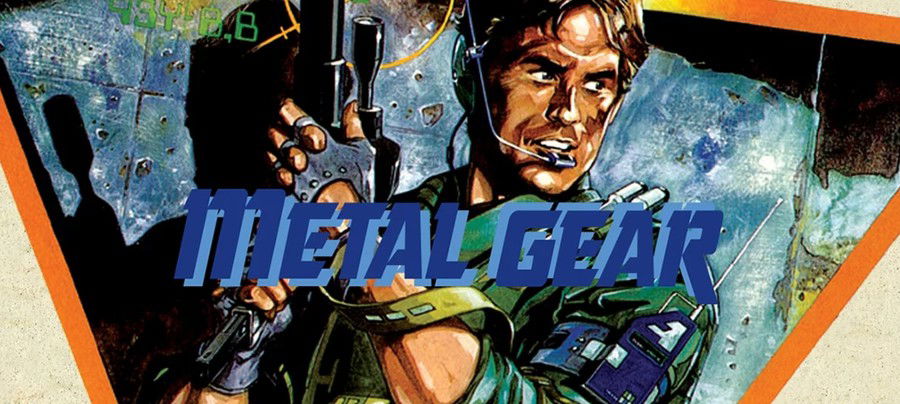
Snatcher (1988)
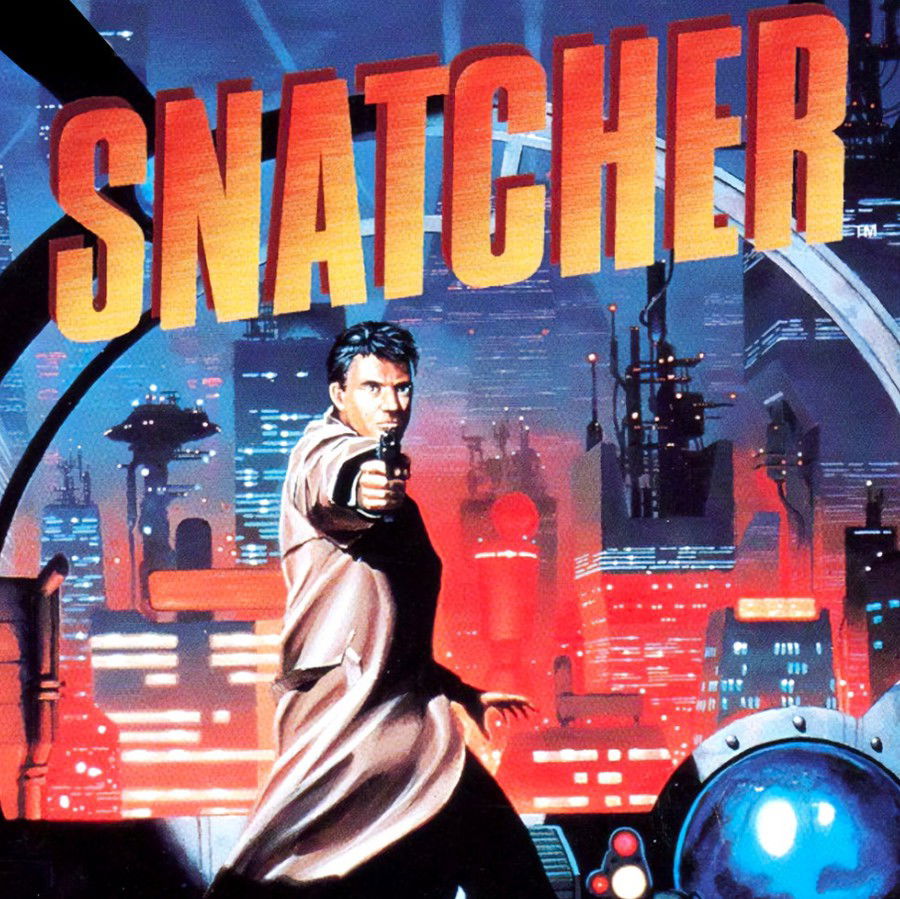
Metal Gear 2: Solid Snake (1990)
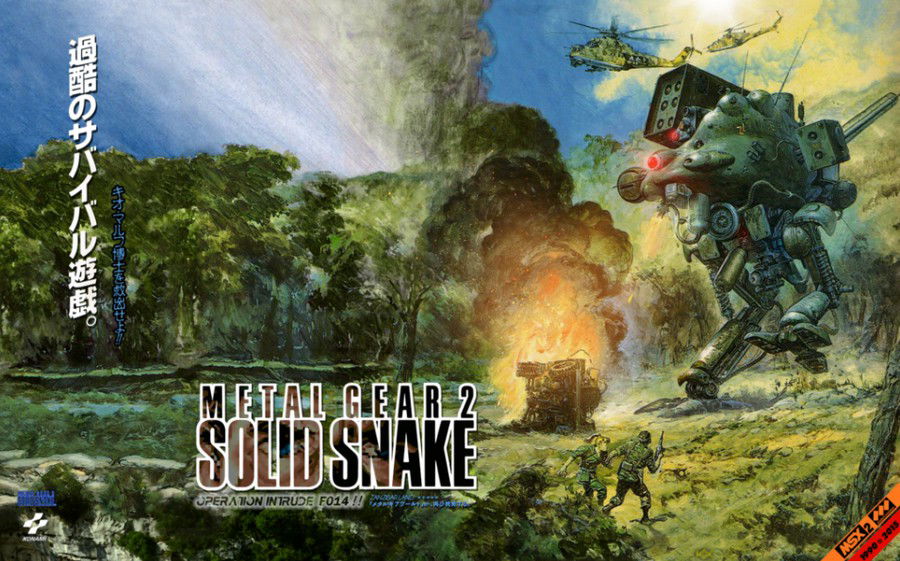
Policenauts (1994)
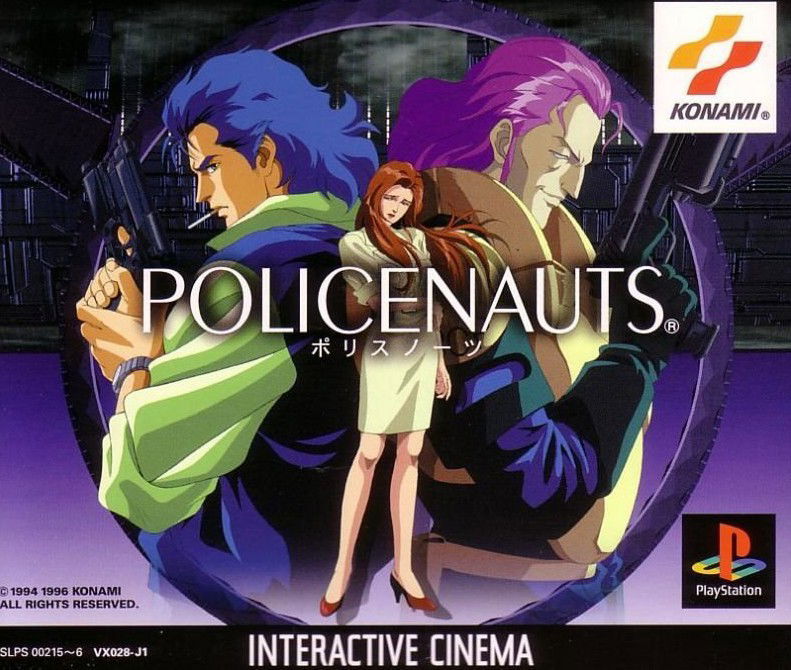
Metal Gear Solid (1998)
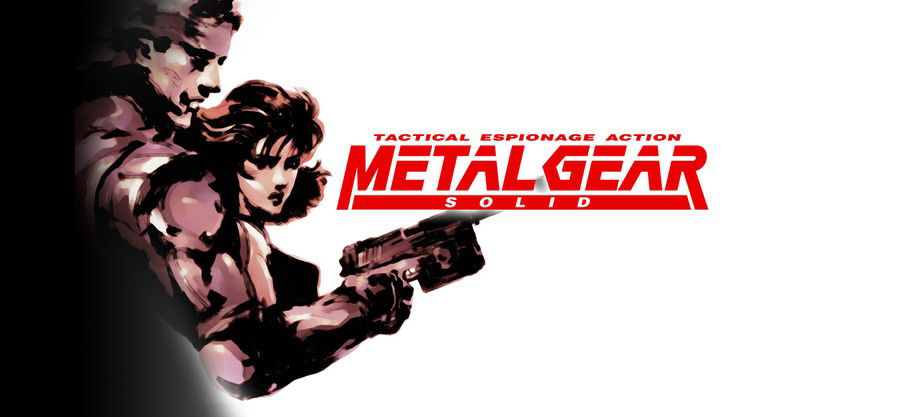
Zone of the Enders (2001)
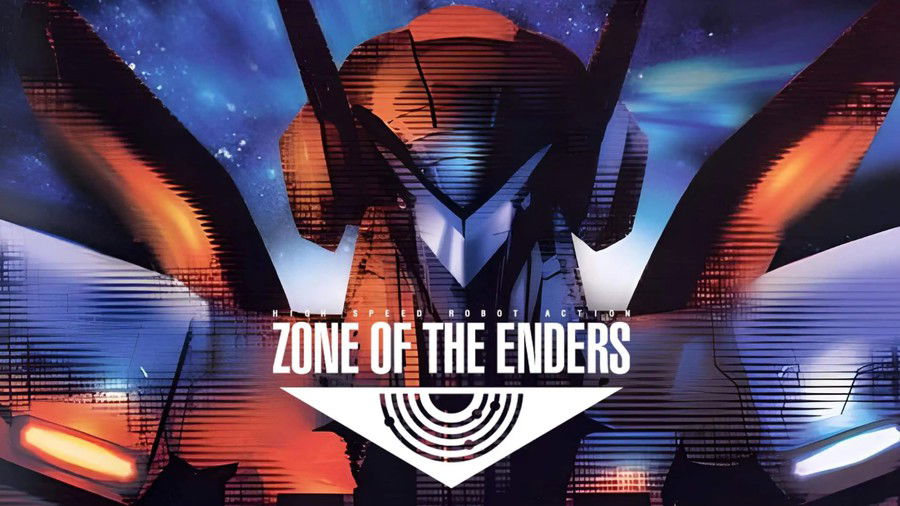
Metal Gear Solid 2: Sons of Liberty (2001)
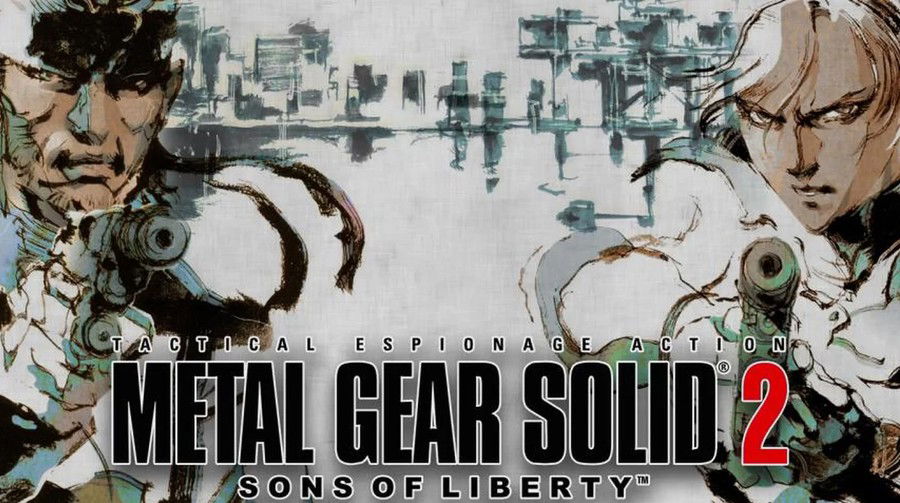
Boktai: The Sun Is in Your Hand (2003)
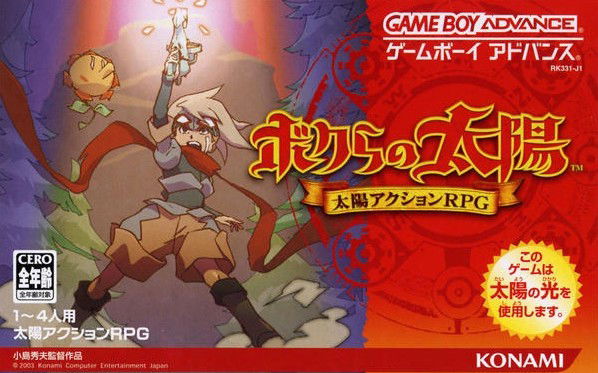
Metal Gear Solid 3: Snake Eater (2004)
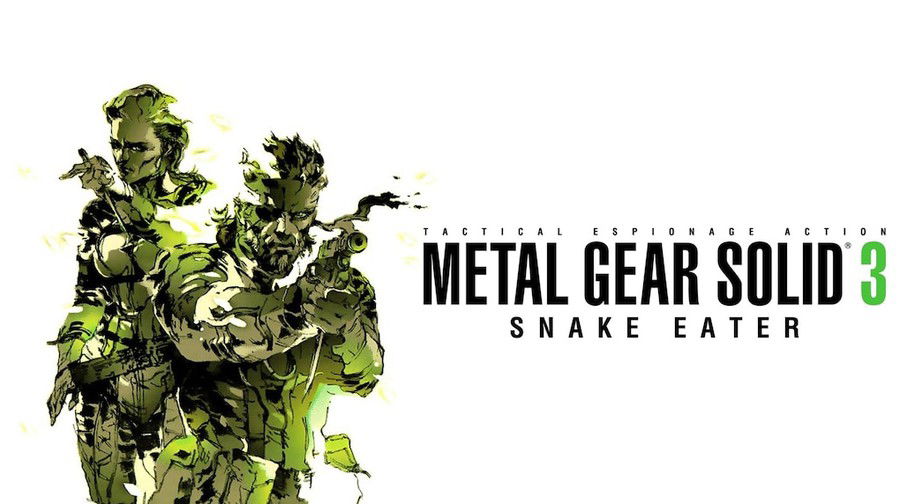
Death Stranding (2019)
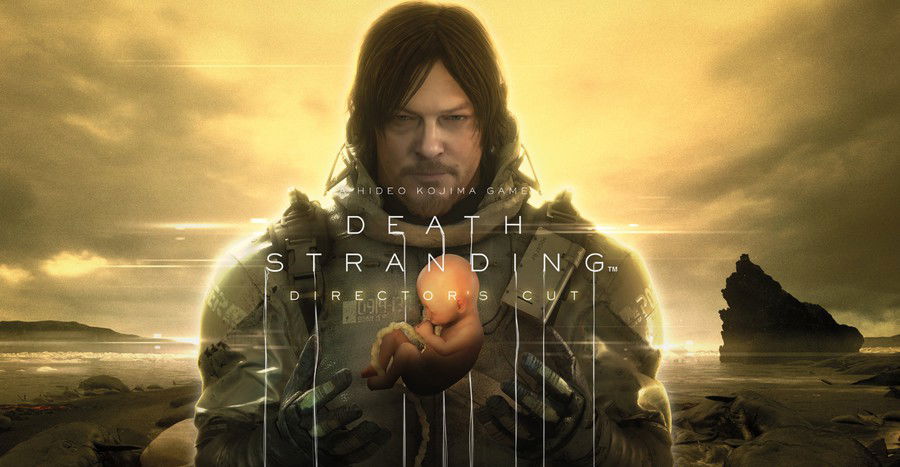
Conclusion
In short, Hideo Kojima has emerged as an undisputed icon in the video game industry, shaping it with his bold vision and narrative innovations. From the beginnings with Metal Gear to the creation of Kojima Productions and the release of Death Stranding.
His career is a testament to his ability to transcend limits, challenge conventions and establish a legacy. His 10 most memorable games reflect a career dedicated to redefining the gaming experience, leaving a unique mark on the industry.
Be sure to also check out our latest article about Mortal Kombat and their crossovers!

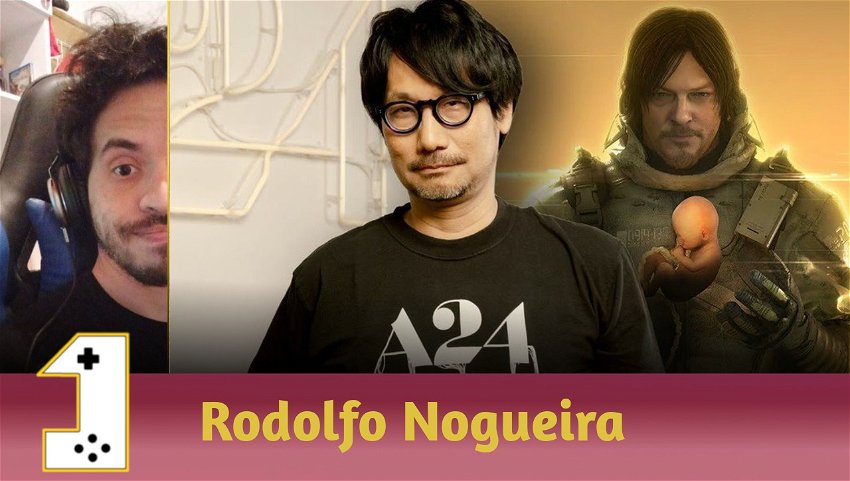






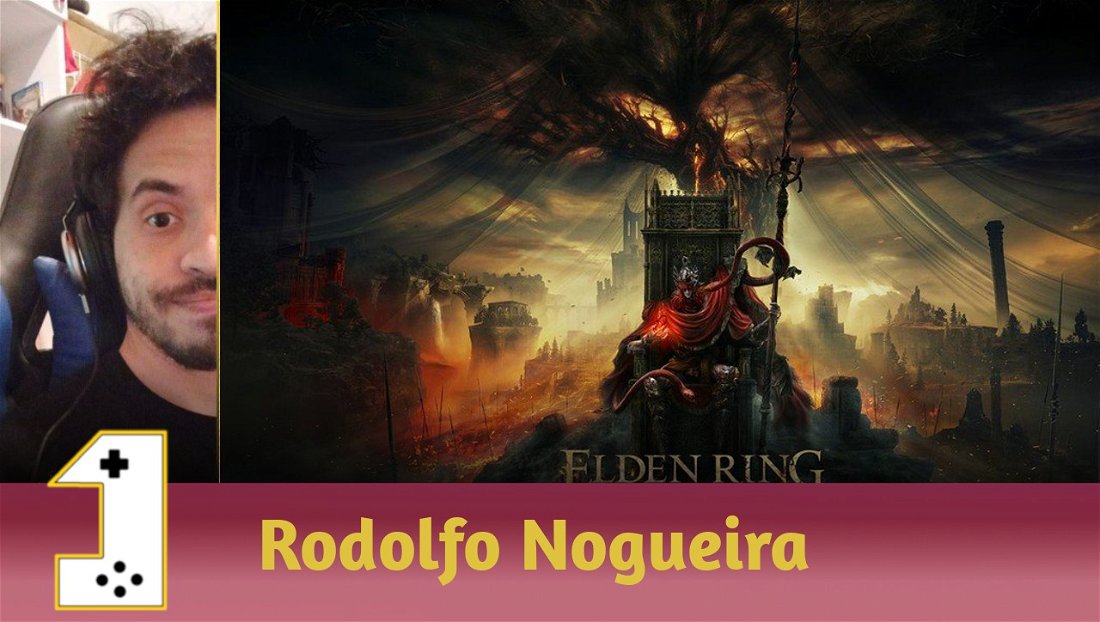
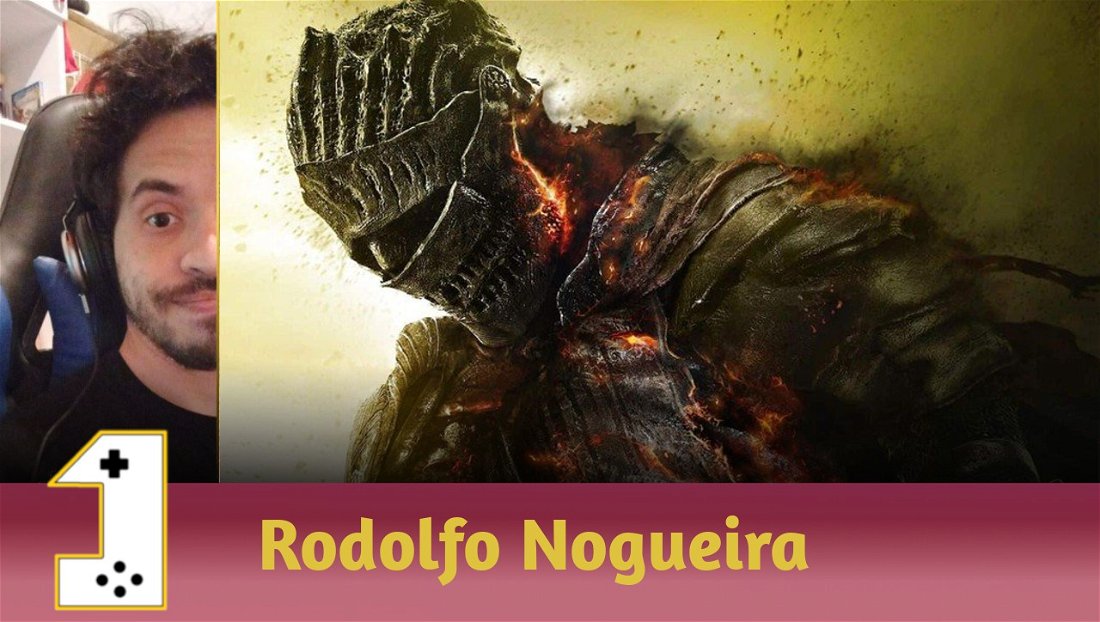



— Comments 0
, Reactions 1
Be the first to comment